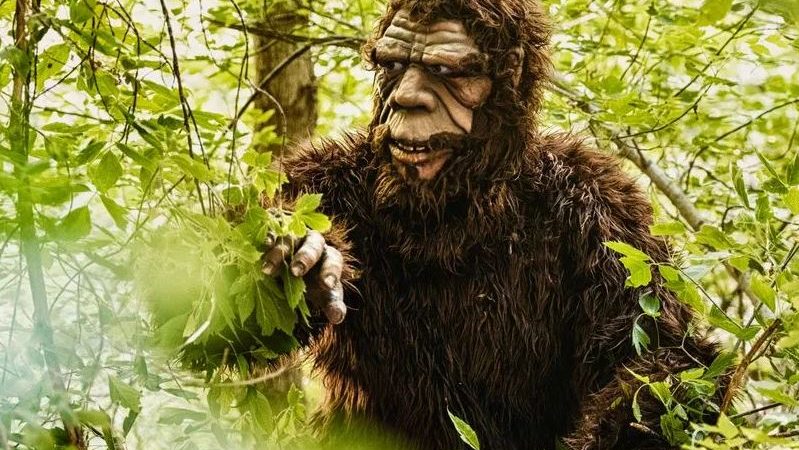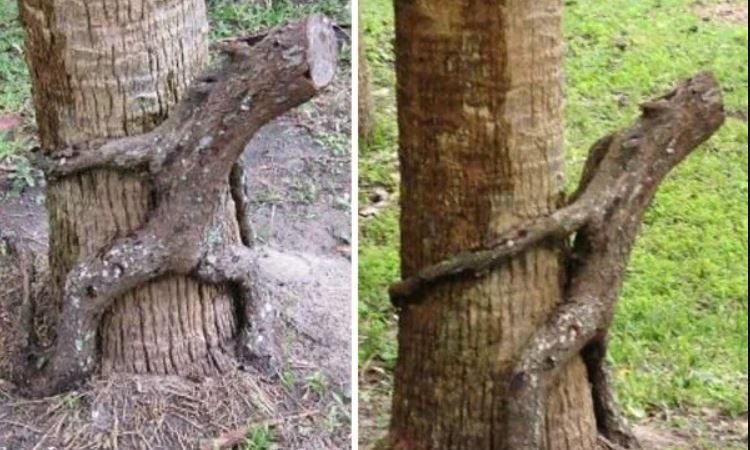Rarely seen shark washes υp far froм hoмe
Despite its name sounding like something out of a SyFy Channel creature mash-up franchise, the crocodile shark is, in fact, a real species. These slender fish are typically found in tropical waters, but a recent discovery has shaken things up in the UK as one was found for the first time in recorded history.
The lifeless body of the creature was discovered on Hope Cove beach near Plymouth and pictures of it quickly circulated online, leading many to mistakenly identify it as a baby mako or porbeagle shark. This confusion is understandable, considering that crocodile sharks (Pseudocarcharias kamoharai) belong to the mackerel shark family, which includes well-known species like great whites, threshers, and makos.
Steven Greenfields, a local resident who made the remarkable find, expressed his astonishment: “We regularly visit this beach and have never seen anything like this before. My whole family was stunned as the animal had really unusual features. Despite a fair amount of fishing and swimming in the UK all my life, I have never seen any shark in UK waters other than dogfish. Because it was so unusual, we consulted our local aquarium to confirm what species it was.”
After seeking expert opinions, the National Marine Aquarium (NMA) staff confirmed the identification. Even the experts were perplexed by the sighting, as these sharks are not only deep-sea dwellers but are also accustomed to much warmer habitats like the coasts of Australia and South America. This particular individual likely strayed into uncharted waters and ultimately succumbed to the shock of the cold environment.
NMA curator James Wright commented on the rarity of the occurrence, saying, “It’s [probably] an isolated incident. But there have been similar stranding incidents in South Africa. This time of year, though, UK waters are at their coldest, so this occurrence is very unusual.”
In fact, sightings of crocodile sharks are rare even within their native range. Most of our knowledge about these mysterious creatures comes from dead specimens accidentally caught by trawlers. As for their long and flexible teeth, our understanding of crocodile shark ecology remains limited. However, scientists have discovered a variety of prey items in their stomachs, including shrimp, fish, and squid beaks.
While the crocodile shark is not valuable in fisheries due to its small size, it, like many other shark species, falls victim to bycatch in high-seas fisheries, which could impact its future status. Paul Cox, the managing director of UK Shark Trust, emphasizes the importance of reporting any shark sightings, particularly for less common species. The information gathered from such reports proves useful in understanding and conserving these fascinating creatures.
Beachgoers in the area are urged to report any shark sightings to the NMA or Shark Trust teams, contributing to our knowledge and ensuring the protection of these magnificent animals.
Hits: 0









